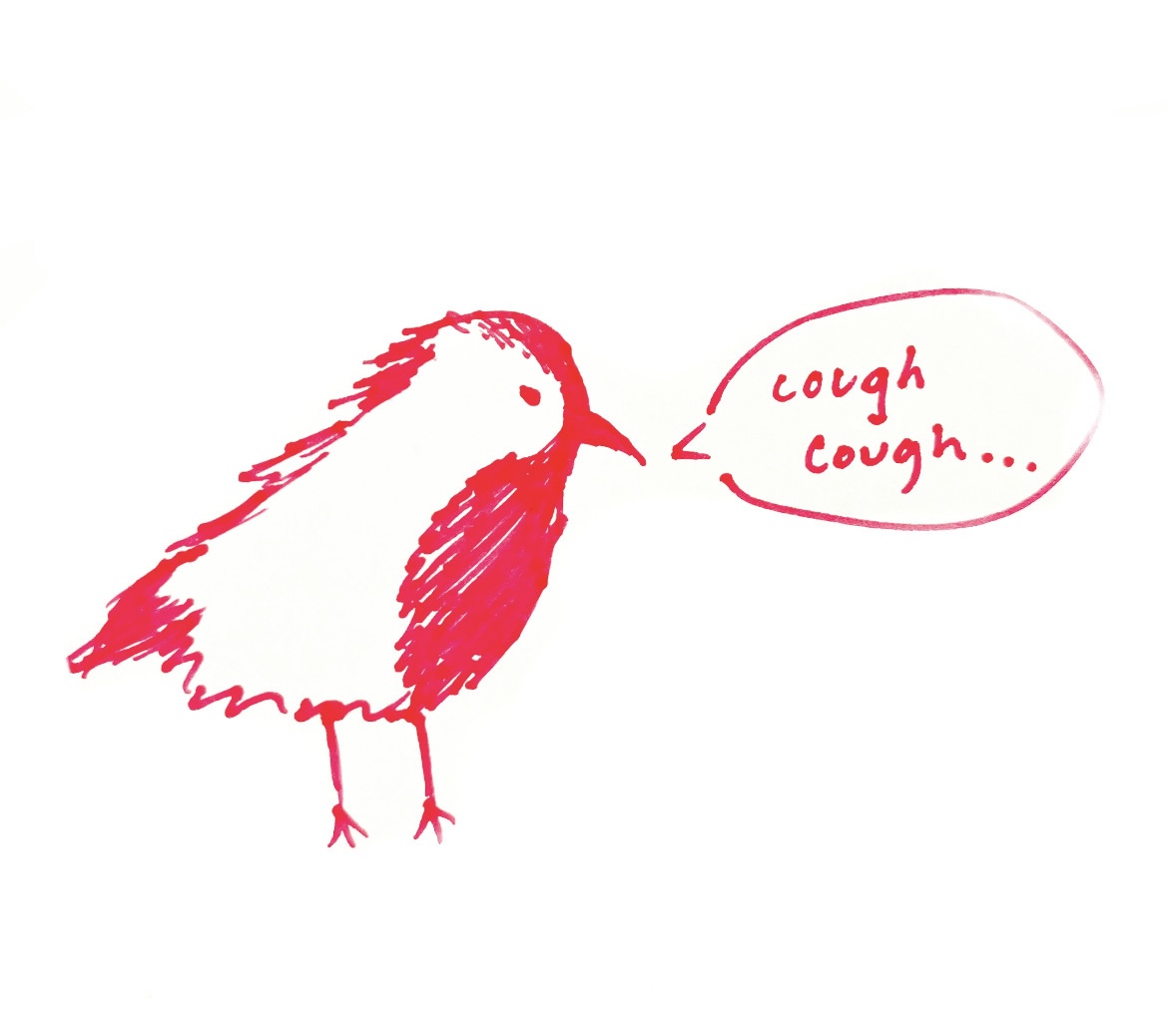
After graduation, some Whitman seniors will be heading all over the country and the world pursuing their goals with the help of fellowships. The Pioneer spoke with three students about the fellowships they received, the programs they will go on and what they will be doing in the near and distant future.
McCaulay Singer-Milnes
Critical Language Scholarship in Jaipur, India
“[I will be studying in] a program in Jaipur to study Hindi. It’s a language intensive program. They say you study a year’s worth of language in two months. It’s run through the State Department … I wanted to go back to India. I’ve been scheming … a way to get back to India since I returned [after studying abroad there last spring]. I felt like my journey wasn’t done there … [India] was new and exciting. I loved all the people that I met … Now as I go back and want to gain that next level of cultural immersion, I feel like language is the way to do that … I think I’ll be staying with a host family … I like the idea of merging my interest in language with my interest in literature. My hope this that I’m able to read the books I’ve been studying in Hindi … I hope to go to grad school and be able to use Hindi … whether that’s pursuing South Asian Studies or comparative literature.”
Hanne Jensen
Fulbright English Teaching Assistant in Germany

“I will be teaching English in a high school … in Teterow in Mecklenburg-Vorpommer, which is in the far northeast of Germany … I got to go exactly where I wanted to go … I’m going to be in a really small town; it’s only 8,000 people. I’m excited about getting to meet people who haven’t spent a lot of time around Americans, or who I could actually get to know on a first-name basis … but of all the places to go in Germany, this is probably going to be the biggest culture shock … I’m almost certainly going to be the only American in my town … I’m interested in oral histories of daily life, so that’s what I’ll be doing in my free time … interviewing people about their lives in the German Democratic Republic … The way language works in how we get to know each other and know our world has been really interesting to me … I’m really interested in listening to people’s stories and accounts of what they’re life has been … [which is] not necessarily what you read in the textbooks.”
Genny Jones and Keiler Beers
Davis Projects for Peace in Tucson, Ariz.

Jones: The spring of our sophomore year we spent a week with an organization called No More Deaths [in Tucson, Ariz.], learning about the border… Our project is titled ‘Peace through the Preservation of Life’… We decided to ask organizations like No More Deaths what kinds of projects they would like help with. No More Deaths responded that they [wanted help with] a harm reduction kit distribution program.
Beers: The kits … include clorox bleach, antibiotic ointment for blister treatments and moleskin. Things that could actually help people when they’re actually crossing the border … Most of the work done on the border is … meant to help people once they’ve crossed. We’ll be visiting shelters on the Mexico side … so they can be distributed to people before they cross … We’re not eliminating harm. We can’t reduce the temperature of the desert, we can’t put more water out there than there already is. But we can hope to reduce the amount of harm they go through.
Jones: It’s been a struggle coming from Whitman … where we’re trying to look at root causes, trying to look at macro forces, to then a project that is very small … but in all honesty, could save lives.








